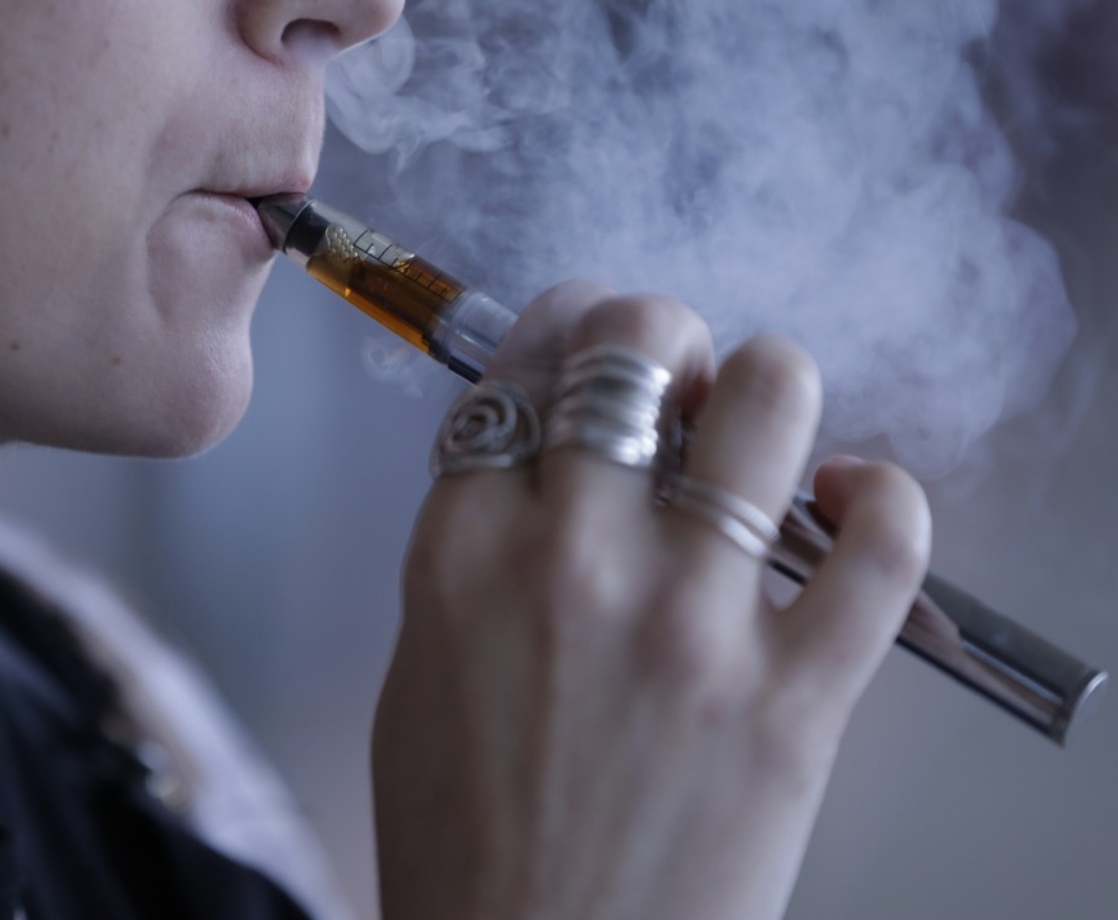The vaping illness health crisis that’s been rocking the US may be slowing down, but it isn’t stopping. Now that at least 47 people have died from the vaping illness, Michigan’s regulators are taking extra steps to prevent its residents from getting sick, especially since the state is rolling out recreational weed sales next week.
Although health officials still don’t know what’s causing the vaping illness, dubbed EVALI or VAPI, evidence suggests that illicit THC vapes sold by street dealers are responsible. The CDC recently announced that it was investigating a vape oil cutting agent, vitamin E acetate, often found in black market vapes but not legal, licensed ones.
“It is absolutely vital that patients and consumers know, with certainty, the ingredients in the products that they are using,” Michigan’s Lieutenant Governor Garlin Gilchrist said in a press release. “These rules require stringent testing and will continue to prioritize the health and safety of Michiganders.”
On Friday, Michigan regulators implemented a new rule that halts the sales of all weed vapes in the state, regardless of whether the vapes were intended for the medical or recreational marijuana market. Producers can reintroduce their weed vapes only after the products pass another round of testing, which will look for vitamin E acetate. Additionally, all vape packaging must include a full list of active and inactive ingredients.
“We’re fully supportive of the governor’s decision,” said Robin Schneider, executive director of the Michigan Cannabis Industry Association, to MSN News. “Our members’ No. 1 priority is providing safe, tested medicine to medical marijuana patients across the state. We think this will contribute significantly towards that goal.”
Vitamin E acetate has been implicated in the vaping health crisis that has hospitalized over 2,000 people and killed 47 since August. EVALI/VAPI’s symptoms first appear as a severe, persistent cough and difficulty breathing. Symptoms will rapidly progress to sharp chest pains, nausea, dizziness, and other feelings resembling the onset of the flu. Without early emergency treatment, EVALI/VAPI can completely shut down respiratory function, leading to death.
Doctors believe if EVALI/VAPI progresses too far, the damage to the lungs is irreversible. Surgeons in Michigan recently performed a successful double lung transplant for one teenager who almost died from the illness. Other EVALI/VAPI patients will not be so fortunate.
However, vitamin E acetate may not be the sole cause, if it’s a cause at all, for EVALI/VAPI. Previously, the Mayo Clinic concluded that images of lungs damaged by EVALI/VAPI look different from an illness caused by vitamin E acetate known as lipoid pneumonia. Furthermore, a case of popcorn lung caused by vaping confirmed that oily build-up in the lungs, as seen with vitamin E acetate, does not match the “chemical burn” pattern seen in EVALI/VAPI patients. So, while it’s certainly possible that vitamin E acetate plays a role in causing EVALI/VAPI, other agents such as heavy metals or pesticide contamination could be responsible, too.
The vaping health crisis has prompted other states to take drastic action. Oregon tried to ban all flavored vape products, but two lawsuits have suspended that ban for now. Rhode Island, Massachusetts, and New York have also implemented or are considering implementing bans on vape products, as well.
President Trump recently met with vape industry lobbyists to better understand the health crisis and how to deal with it. While the Trump Administration has wavered back and forth regarding a flavored vape ban, the president quipped at one meeting that, essentially, prohibiting any intoxicant ends up doing more harm than good.
Follow Randy Robinson on Twitter











